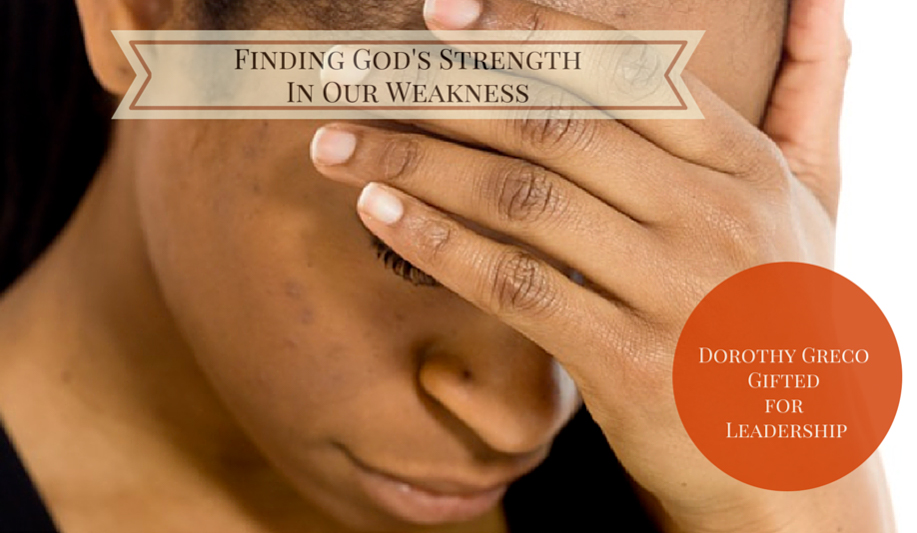What does it look like to admit our weakness and ask for help? Moses show us.
I have a long history of denial—of masking my weaknesses and soldiering on. I’m not exactly sure how or when I learned this paradigm or, more importantly, why I believed it was somehow more spiritual than other options. It worked as both a ministry model and a lifestyle until just a few years ago.
I had battled fibromyalgia for nearly a decade. In the midst of the fight, I gained back some of my strength and mobility and then made peace, for the most part, with my new limitations. Then another equally perplexing issue surfaced.
While in Virginia on a photography assignment, I woke up with unbearable pain in my left shoulder. I assumed I must have just slept on it oddly, popped some Motrin, and embarked upon my day. After 30 minutes, rather than subside, the pain increased. For days. Two months later, the shoulder specialist delivered his diagnosis: “Adhesive capsulitis, also known as frozen shoulder. You can expect excruciating pain for six months. It should gradually diminish, but it may take two years to regain mobility of the joint. Any questions?” I drove home stunned.
To read the remainder of this article, please click the link to Gifted for Leadership.
To read my most recent article at Relevant Magazine, click this ink.
